What Your Sleep Position Says About Your Health and Personality
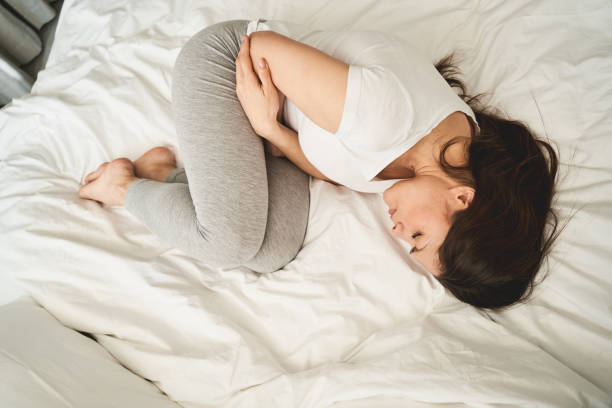
What Your Sleep Position Says About Your Health and Personality
We all sleep — but the way we sleep can reveal more than just comfort preferences. Whether you sprawl out or curl up tightly, your sleep position can hint at your personality traits, emotional state, and even affect your physical health. Experts believe your posture during sleep isn’t just routine — it’s a reflection of what’s going on inside and can even influence how well your body recovers overnight.
Here’s what different sleeping positions might be saying about you:
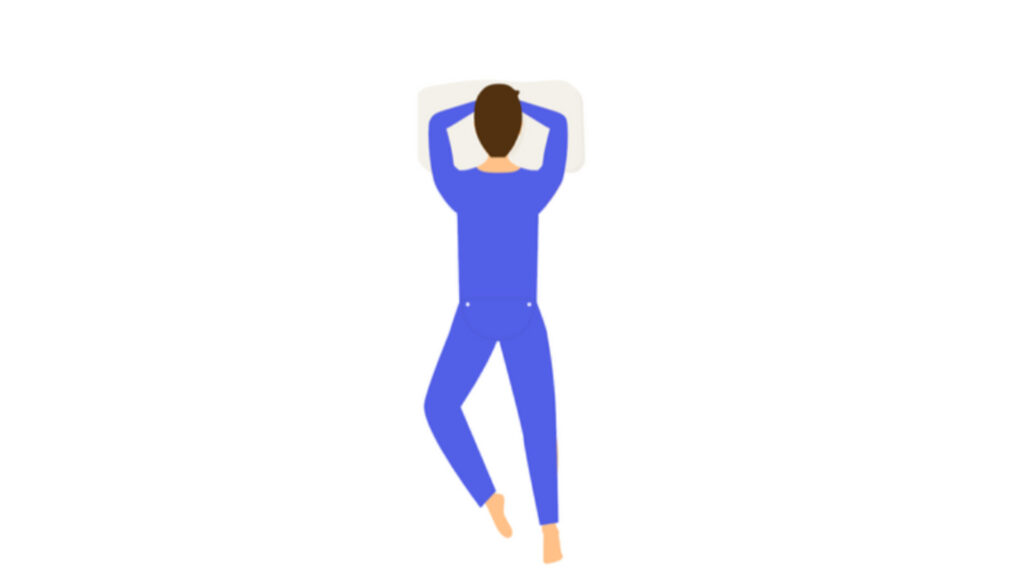
1. Freefall Position
Lying on your stomach with arms around the pillow, head turned to the side
This bold pose is linked to confident and assertive personalities. However, sleeping face-down can strain your neck and spine, potentially leading to pain, numbness, or stiffness.
2. Fetal Position
Curled up on one side, knees drawn in toward the chest
The most common sleeping position, it’s associated with emotional sensitivity and a protective nature. It’s also great for reducing back pain and snoring.
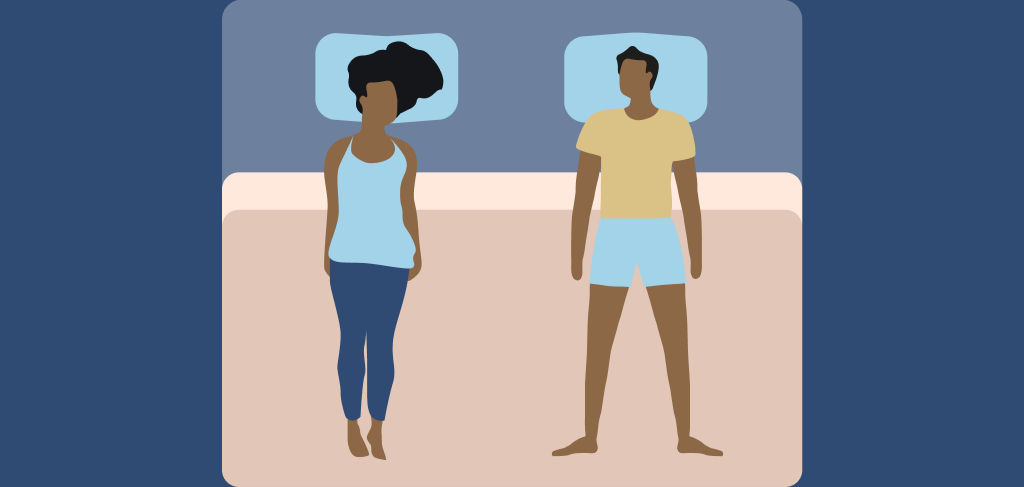
3. Soldier Position
Flat on your back, arms straight by your sides
This position reflects discipline, orderliness, and a reserved personality. While it supports spinal health, it may worsen snoring or sleep apnea symptoms.
4. Spooning
Side-by-side with a partner, arms around each other
Spooning promotes emotional closeness and increases oxytocin, the “bonding hormone.” However, partner movements might disrupt sleep quality.
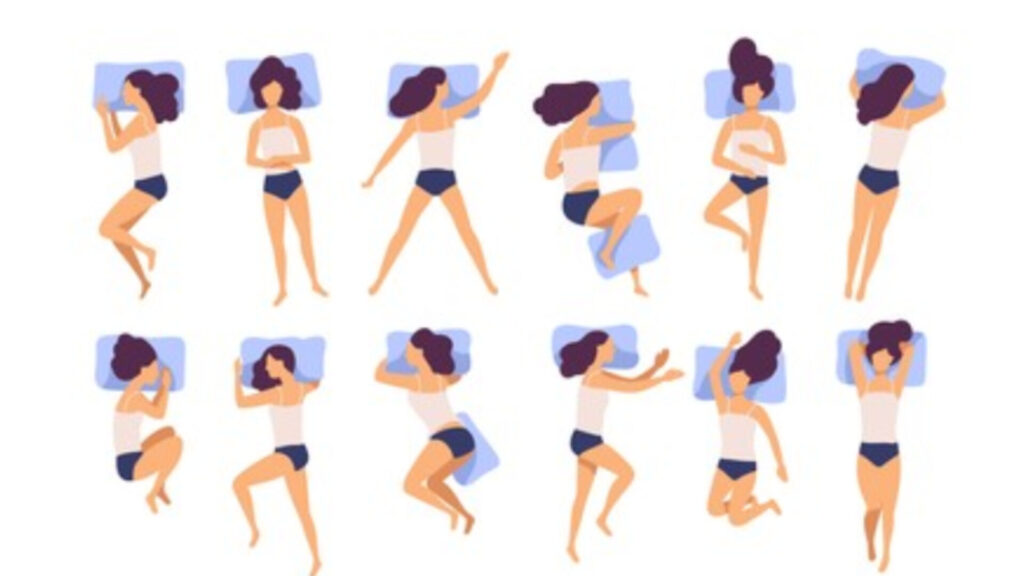
5. Log Position
Lying on the side with arms straight down
An easygoing, social personality is often linked to this posture. It’s also beneficial for the spine and can help prevent neck and back pain.
6. Yearner Position
Side sleeping with both arms stretched forward
Often seen in open-minded but cautious individuals, this position supports digestion but may cause shoulder discomfort over time.
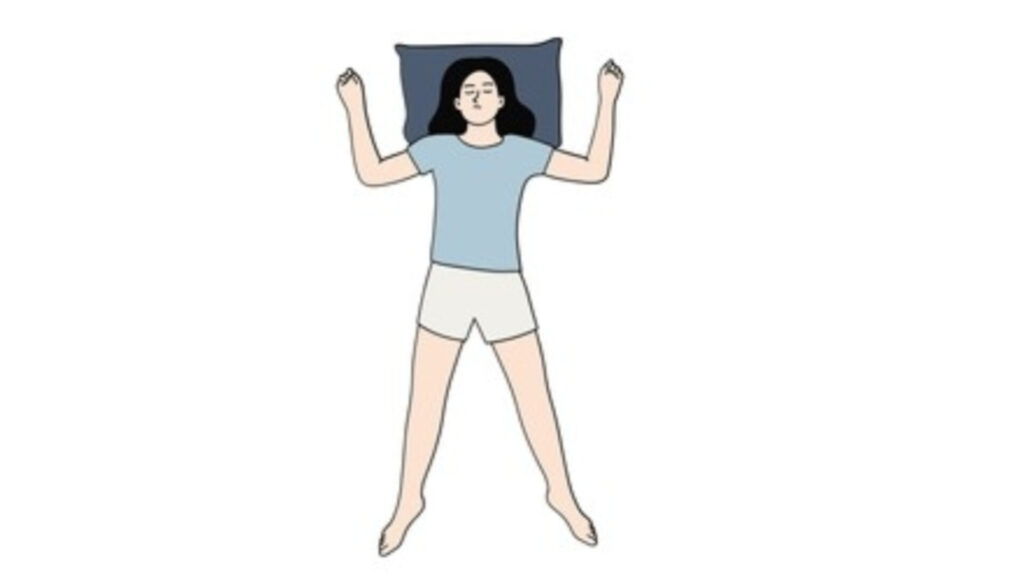
7. Starfish Position
Flat on the back with arms up near the head or pillow
Associated with generous and supportive people, this posture can lead to snoring and may aggravate acid reflux issues.
8. Toss-and-Turn (Mixed) Sleepers
Changing positions throughout the night
Frequent movement can be a sign of stress, anxiety, or discomfort with your sleeping surface. A calming bedtime routine and proper mattress support may help.
There’s no single “perfect” sleep position for everyone. Your best posture is one that leaves you feeling rested and pain-free in the morning. Pay attention — your sleep habits may be offering insights into both your mind and your body.












